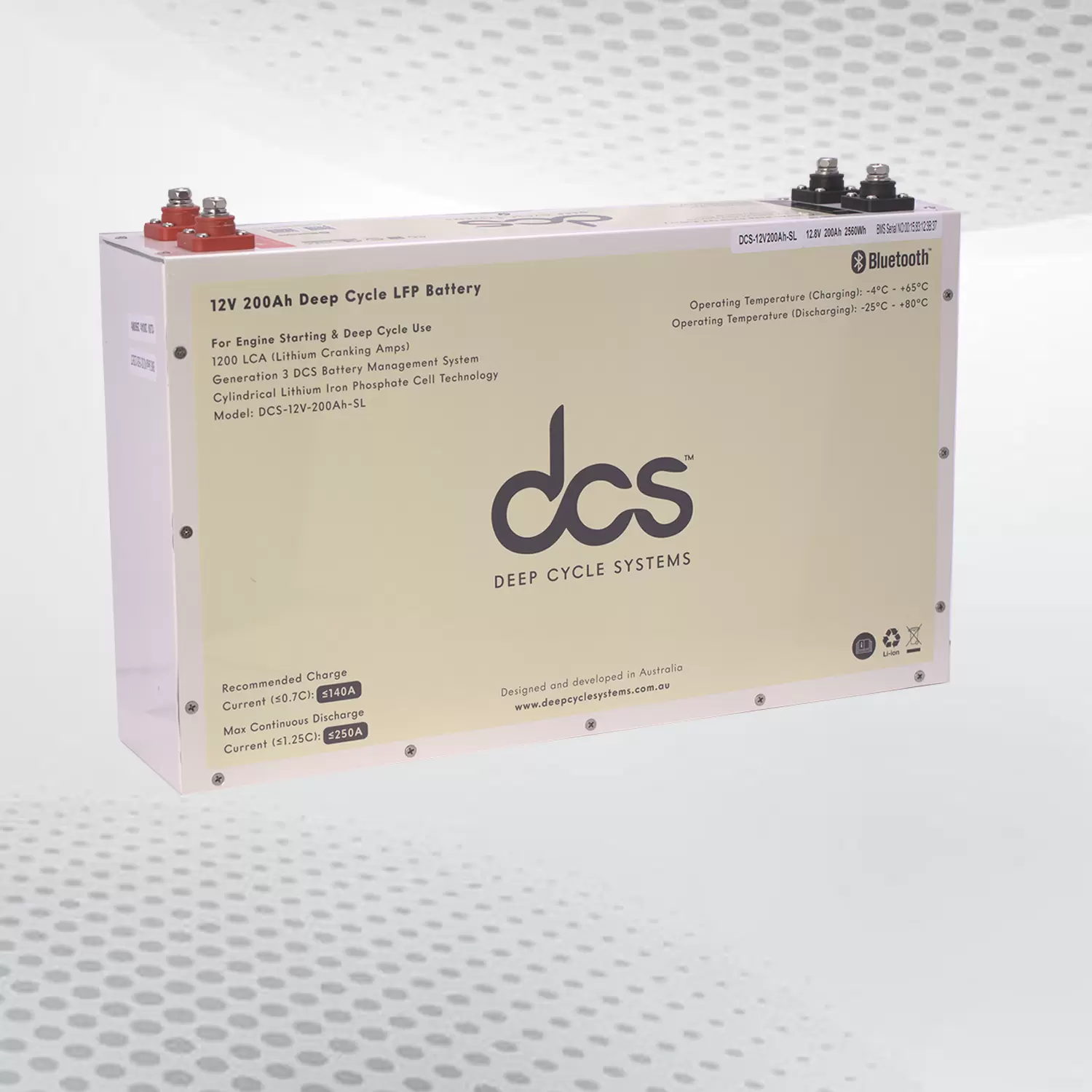C language has stood the test of time as one of the most popular and foundational programming languages for beginners and seasoned developers alike. It’s no surprise that many experts recommend starting your programming journey with C language, given its simplicity, robustness, and relevance in modern programming.
If you’re new to programming, understanding array in C and exploring datatypes in C can help you grasp key concepts that are applicable to many other languages. This article dives into the top reasons why you should consider beginning your coding adventure with C language.
Why C Language is Perfect for Beginners
C is the backbone of many programming paradigms and tools. It not only provides a strong foundation but also helps you understand how computers process code at the hardware level.
1. Simplicity with Power
C language is simple enough for beginners to pick up quickly, yet powerful enough to develop complex applications. Its syntax is straightforward, making it easy to write, read, and debug code. This simplicity allows you to focus on learning core programming concepts without being overwhelmed by advanced abstractions.
Core Benefits of Learning C Language
2. Foundation for Advanced Programming Languages
Starting with C language lays the groundwork for understanding advanced languages like C++, Java, and Python. These languages borrow heavily from C’s syntax and concepts, making the transition to them smoother.
For example:
- Pointers in C are directly relevant to low-level memory management.
- Concepts like loops, conditional statements, and datatypes in C are transferable to nearly every other language.
3. Understanding Memory Management In detail
One of the unique features of C language is its ability to give programmers control over memory. By learning concepts like pointers, memory allocation, and arrays, you develop a deeper understanding of how software interacts with hardware. This understanding is invaluable for roles like system programming and embedded development.
4. High Performance and Efficiency
C is known for its speed and efficiency. Programs written in C often run faster than those written in other high-level languages. This makes C an ideal choice for applications that demand real-time processing and high performance, such as operating systems, game development, and embedded systems.
Top Applications of C Language in Real-World Programming
5. Operating Systems
Most operating systems, including Linux, Windows, and Mac, are written in C. Learning C gives you insights into how operating systems work and how to interact with them at a lower level.
6. Embedded Systems
C is extensively used in embedded systems development because of its ability to directly access hardware components. From microcontrollers in cars to IoT devices, C powers many critical systems.
7. Game Development
For developers interested in game programming, C is a go-to language. Game engines often leverage the speed and efficiency of C to handle graphics and real-time processing.
How C Language Teaches Problem-Solving
8. Encourages Logical Thinking
C forces you to think logically and solve problems efficiently. Since it lacks many built-in functions available in modern languages, you’re encouraged to implement your solutions from scratch. This process hones your problem-solving skills.
9. Structured Programming Approach
C language follows a structured programming paradigm, which helps beginners organize code effectively. Concepts like functions, loops, and conditional statements promote a disciplined coding approach that makes debugging and maintaining code easier.
Key Features of C Language
1. Portability
C code is highly portable, meaning you can write a program on one machine and run it on another with minimal modifications. This flexibility is crucial for software development in diverse environments.
2. Rich Library Support
C comes with a rich set of libraries that provide pre-written functions for tasks like mathematical operations, string handling, and file manipulation. This reduces the time and effort required to write programs.
3. Extensibility
C’s modularity allows developers to extend its functionality by writing additional libraries or integrating existing ones.
Common Challenges and How the C Language Helps You Overcome Them
1. Debugging Skills
Debugging is a critical skill for any programmer. Since C lacks advanced error-handling mechanisms, you’ll learn to identify and fix bugs manually. This hands-on experience builds your confidence and resilience as a coder.
2. Versatility
C’s versatility makes it an excellent starting point for various domains, including web development, artificial intelligence, and robotics. By mastering C, you can explore a wide range of career opportunities.
3. Gateway to System Programming
C language is an essential gateway to system programming. Many developers start with C because it directly interacts with the hardware, offering unmatched control. System-level tasks like driver development, file system management, and kernel programming rely heavily on C. If you plan to work with operating systems or create low-level software, mastering C is indispensable.
4. Learning Data Structures with C
C is widely used for teaching data structures such as arrays, linked lists, stacks, and queues. These structures are the backbone of efficient programming, and implementing them in C provides deep insights into how they work. For instance, manipulating an array in C or creating dynamic structures like linked lists through pointers can help you grasp advanced programming concepts with ease.
5. Strong Community Support
Another compelling reason to start your programming journey with C language is its robust and active community. From online forums to dedicated websites, the C programming community offers a wealth of resources for learners. Whether you encounter a bug or need help understanding datatypes in C, the community is always ready to assist.
6. Prepares You for Competitive Programming
Competitive programming tests your coding speed and accuracy, and C is a popular choice among participants. Its simplicity and efficiency make it ideal for solving problems that demand optimal solutions. By practicing with C, you can build a solid foundation for participating in coding challenges and hackathons.
C is Everywhere: From Devices to Datacenters
C language is ubiquitous in the tech world. From the firmware in smart devices to the server-side code in data centers, C drives critical technologies. Mastering C provides deep insights into how these systems function and empowers you to develop or optimize them effectively.
20. C Forms the Basis for Embedded Programming
If you’re aspiring to work in embedded systems, C is a must-learn language. Embedded programming often involves writing efficient code that can run on microcontrollers and hardware with limited resources. C’s lightweight nature and hardware-level access make it the go-to choice in this domain.
21. C Encourages Hands-On Learning
C language encourages a hands-on approach to programming. Unlike many modern languages, C doesn’t provide high-level abstractions for every task. This lack of shortcuts forces beginners to engage deeply with coding problems, honing their analytical and logical skills.
22. Wide Range of Tools and Compilers
C has an extensive ecosystem of tools and compilers that enhance the development experience. Popular compilers like GCC and Clang provide powerful features for writing and debugging C code. Moreover, the language’s compatibility with numerous Integrated Development Environments (IDEs) ensures a smooth learning curve for beginners.
23. Industry Demand for C Programmers
Despite the rise of newer languages, C programmers are still in high demand across industries. Roles in embedded systems, robotics, and system administration often list C as a key skill. By learning C, you position yourself as a versatile programmer capable of tackling diverse challenges.
24. Learning C Makes Debugging Intuitive
C’s lack of advanced error-handling tools teaches you to identify and resolve issues manually. This debugging process not only strengthens your understanding of programming but also prepares you to handle real-world coding challenges with confidence.
25. C Enhances Your Resume and Career Prospects
Adding C language proficiency to your resume is a significant boost for your career. Recruiters value candidates who have a strong grasp of foundational languages like C, as it demonstrates their problem-solving abilities and understanding of core programming concepts.
Frequently Asked Questions (Continued)
Q6. What IDEs are best for learning C?
Popular IDEs for C programming include Code::Blocks, Dev-C++, and Visual Studio Code. These platforms offer features like syntax highlighting, debugging, and code suggestions to streamline the development process.
Q7. What is the difference between C and C++?
While C is a procedural programming language, C++ builds on it with object-oriented features. Learning C first helps you understand the basics, making it easier to transition to C++.
Q8. How can I practice C programming effectively?
Start with basic programs like printing patterns, manipulating arrays in C, and exploring datatypes in C. Gradually move on to more complex projects like file handling and building mini-games.
Q9. Can I learn C language for free?
Yes, numerous online resources, including tutorials, forums, and documentation, allow you to learn C language for free.
Q10. Is C harder to learn compared to Python?
C might be slightly more challenging due to its low-level nature and lack of built-in functions. However, the foundational knowledge it provides is worth the effort and time invested.
Final Thoughts: Start Your Programming Journey with C Language
C language continues to be a cornerstone in the programming world. By learning C, you gain a competitive edge, unlock diverse career opportunities, and build a strong foundation for advanced programming. Whether you aspire to develop systems, work on embedded technologies, or dive into game development, C equips you with the skills and confidence to excel in your journey.
Begin your programming adventure today with C and explore the boundless possibilities it offers!








